 If you haven’t already seen it, Glyndebourne’s 2016 Barber of Seville is available for free right now on their Youtube channel. I liked it!
If you haven’t already seen it, Glyndebourne’s 2016 Barber of Seville is available for free right now on their Youtube channel. I liked it!
And in a completely different vein the season announcement from Provincial Opera Canada is an absolute hoot.

 If you haven’t already seen it, Glyndebourne’s 2016 Barber of Seville is available for free right now on their Youtube channel. I liked it!
If you haven’t already seen it, Glyndebourne’s 2016 Barber of Seville is available for free right now on their Youtube channel. I liked it!
And in a completely different vein the season announcement from Provincial Opera Canada is an absolute hoot.
Melly Still’s production of Dvorák’s Rusalka, recorded at Glyndebourne in 2019 got rave reviews and, judging by the audience reaction on the recording. was enthusiastically received in the house. Unfortunately I don’t think it works all that well on video despite some rather stunning stage pictures and generally strong performances.
The libretto of Massenet’s Cendrillon is much more ambiguous than Rossini’s straightforward La Cenerentola and given that we all “know” the Cinderella story exploiting those ambiguities is likely to prove attractive to a director. Fiona Shaw, whose Glyndebourne production was revived in 2019 under the revival direction of Fiona Dunn, finds rather more than. most.
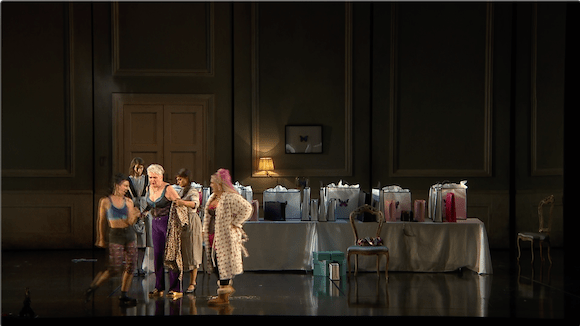
Canadian design/direction team Barbe & Doucet were engaged to create a new production of Mozart’s Die Zauberflöte at Glyndebourne in 2019. As they explain in the introductory feature The Making of the Magic, they had refused for 20 years to tackle this work because of what they saw as its inherent racism and sexism. Part of the interest therefore in watching this recording is to see whether and how they deal with those two issues.
My quest to find a production of Puccini’s Madama Butterfly that has anything insightful to say about the piece continues. This time it’s the 2018 production from Glyndebourne directed by Annilese Miskimmon. I was interested to see how a female director would treat the obvious problems with the piece. Miskimmon’s solution is to shift the setting to early 1950s Nagasaki and to treat Butterfly as one of many real and fake war brides. Apparently there was a thriving fake war bride business at the time. The obvious problem of a Nagasaki setting is just ignored.
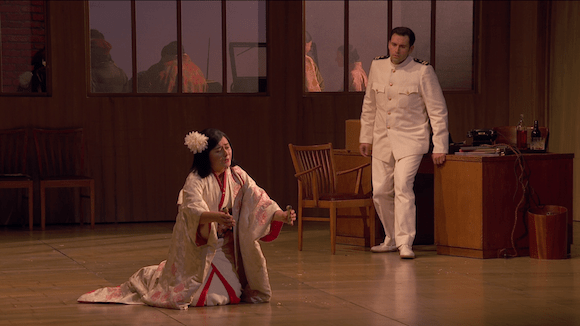
I reviewed Brett Dean’s Hamlet when it was first broadcast from Glyndebourne on the BBC in 2017. Somehow I managed to miss the subsequent DVD/Blu-ray release but I’ve now been able to get hold of the DVD and can provide some further insights. As far as the work itself, the production, the performance and the video direction I don’t have anything much to add to my original review.
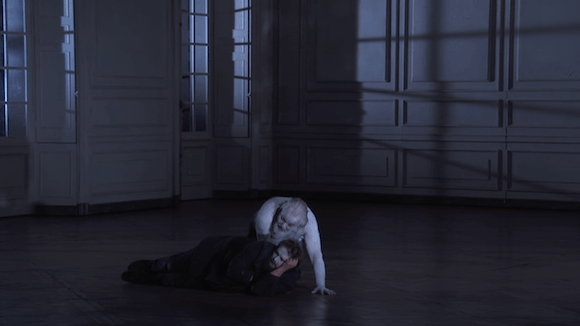
Samuel Barber’s Vanessa doesn’t get performed much and the recently released recording of the 2018 Glyndebourne production is the only video version available. It’s pretty interesting, if perplexing at times, and I’m not as convinced as many of the people interviewed in the “extras” portion of the disk that this is an “under-rated masterpiece”.

I’m not, in the normal run of things, a huge fan of obscure bel canto operas. A very long list of them languish in obscurity for very good reasons. So, my hopes were not all that high when I stuck the 2015 Glyndebourne recording of Donizetti’s Poliuto in the player. I was wrong. This is probably the best martyrdom opera from Glyndebourne since Peter Sellars’ production of Theodora in 1998.
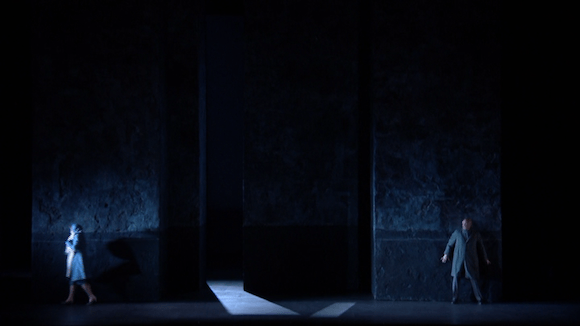
Claus Guth’s Salzburg da Ponte cycle is certainly my favourite trifecta and they are right up on my list for top picks for all three operas so I was intrigued to see what he would do with the much less recorded La clemenza di Tito which he directed at Glyndebourne in 2017. Bottom line, I’m not at all convinced by it.
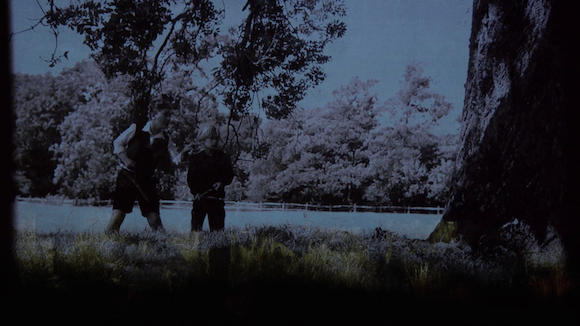
No opera says Glyndebourne like Mozart’s Le Nozze di Figaro. It opened the first season in 1934 and inaugurated the new theatre in 1994. Michael Grandage’s production which opened in 2012 was, I think, Glyndebourne’s fifth. In any event it’s a fairly traditional affair though with the setting updated to the 1960s (though still set in a palace in Seville and I’ve got a nagging feeling that late Franco era Spain didn’t have much in common with the Haight and Carnaby Street but there you go). The updated setting does allow for some visual gags with ridiculous 1960s dance moves but otherwise it could pretty much be anywhere, anytime. There’s no concept and Grandage’s focus is on the interactions between the characters and the way they can be expressed in a relatively intimate house.
